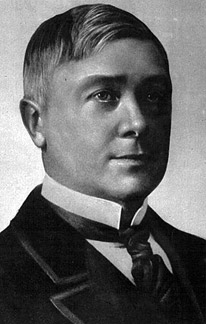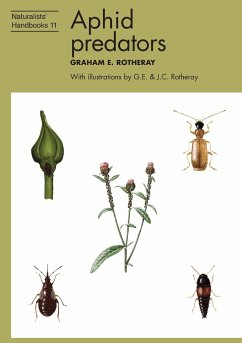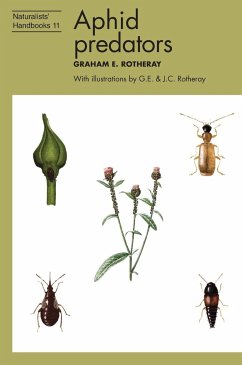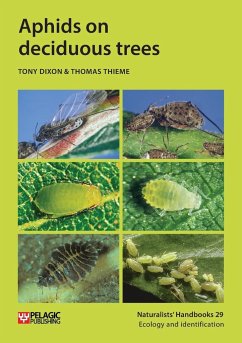
La vida de las abejas
Con Bibliografía y Notas
Versandkostenfrei!
Versandfertig in 1-2 Wochen
15,99 €
inkl. MwSt.
Weitere Ausgaben:

PAYBACK Punkte
8 °P sammeln!
"Sucede con ellas lo que con todas las realidades profundas. Hay que aprender a observarlas." Publicado en 1901, "La vida de las abejas" de Maurice Maeterlinck, Premio Nobel de Literatura, es una obra fascinante que ofrece una visión profunda y poética sobre el mundo de las abejas. El libro combina observaciones científicas con reflexiones filosóficas, explorando la vida y la organización social de las abejas. Más allá de los hechos científicos, Maeterlinck utiliza a las abejas como un símbolo para reflexionar sobre la naturaleza de la vida, el trabajo, la cooperación y la inteligenc...
"Sucede con ellas lo que con todas las realidades profundas. Hay que aprender a observarlas." Publicado en 1901, "La vida de las abejas" de Maurice Maeterlinck, Premio Nobel de Literatura, es una obra fascinante que ofrece una visión profunda y poética sobre el mundo de las abejas. El libro combina observaciones científicas con reflexiones filosóficas, explorando la vida y la organización social de las abejas. Más allá de los hechos científicos, Maeterlinck utiliza a las abejas como un símbolo para reflexionar sobre la naturaleza de la vida, el trabajo, la cooperación y la inteligencia colectiva. Su estilo poético añade una capa de profundidad y belleza a sus descripciones.















